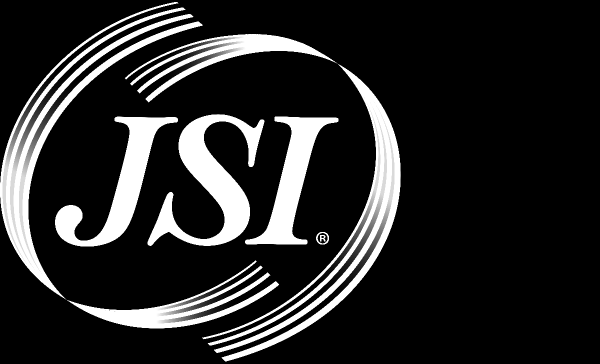
Reminder: Send FCC Form 499 Annual Reseller Certifications

USAC Making Inquiries and Seeking Documentation
JSI reminds clients that are wholesale providers to send out their FCC Form 499A Annual Reseller Certifications early in the first quarter 2016. A telecommunications provider is considered a wholesale provider if the revenues it receives from underlying carriers meet the FCC’s definition of “reseller.” Generally speaking, “resellers” incorporate wholesale services into their own offerings and they can reasonably be expected to contribute to the federal universal support mechanism. For example, if you provide special access circuits and/or originating or terminating minutes to an underlying carrier who then resells the service, you are very likely a wholesale provider.
As described below, in order for a wholesale provider to report revenues in the area of the FCC Form 499-A which is not assessed the Federal Universal Service Charge (FUSC), it must complete its due diligence as part of what the FCC refers to as the “reasonable expectation” standard. Failure to do this may obligate you to pay the FUSC on revenues for each customer which does not return its certification; the burden of proof is on the wholesale provider. In order to satisfy the “reasonable expectation” standard, the wholesale provider must receive the relevant evidence before filing its annual FCC Form 499-A.
We also take this opportunity to let clients know that some wholesale providers are receiving letters from the Universal Service Administrative Company (USAC) seeking documentation supporting the revenue reported on Line 305.1 of the 2015 FCC Form 499A, which is where revenues such as special access revenues from resellers is reported. This documentation includes itemized listing of revenues by customer account or circuit number for those customers whose revenues are included on Line 305.1. According to the USAC letters, if the revenue listed in the itemization does not match the total revenue that was reported in Line 305.1, the company must provide an explanation and file a revision to the form. Accordingly, USAC assumes that if the amounts do not match, the company has made an error that should be corrected.
Obtain Reseller Certifications Prior to April 1 to Qualify for Safe Harbor
Pursuant to the 2012 Wholesaler-Reseller Clarification Order, a wholesale provider may demonstrate that it has a “reasonable expectation” that a customer contributes to federal universal service support mechanisms based on revenues from the customer’s offerings by following the guidance in the 499A instructions or by submitting other reliable proof. Form 499 filers that comply with the procedures specified in the Form 499A instructions will be afforded a “safe harbor“- i.e., that filer will be deemed to have demonstrated a “reasonable expectation.” Filers that do not qualify under the safe harbor must demonstrate a reasonable expectation via “other reliable proof” which will be evaluated by USAC on a case-by-case basis.
Obtaining an annual certification from each customer is part of the procedures that a filer must follow to be afforded the “safe harbor” provision. In order to be covered by the safe harbor, the provider must have documented procedures to ensure that it reports as “revenues from resellers” only revenues from entities that meet the definition of reseller. One of the items in these procedures is an annual certification by the reseller regarding its reseller status whichmust be sent to each carrier at the beginning of each year and received back from each customer before the April 1 Form 499A filing deadline. The FCC emphasized that the burden of obtaining the certifications from customers is placed on wholesale providers who must conduct “appropriate due diligence” before reporting revenues as exempt. JSI has a reseller certificate template which contains all the elements required by the Form 499 instructions. Please contact your cost consultant or one of the JSI representatives listed below if you would like a copy.
If a wholesale provider is not able to show a reasonable expectation that a customer contributes through obtaining the annual certifications, the provider must show by “clear and convincing evidence” that the customer contributed on the relevant services. This would include USAC reviewing any documentation received by the wholesale provider, as well as reviewing its own records. If USAC determines that the customer contributed, the agency would not seek to recover additional contributions. However, if the wholesale provider cannot demonstrate that a customer has contributed, the revenues associated with that customer will not be exempt and the wholesale provider would be required to pay the FUSC on those revenues. Accordingly, JSI strongly encourages all clients subject to these requirements to send the certifications at the beginning of each year, and make sure that you obtain the signed certifications from all reseller customers prior to April 1.
If you would like a copy of the reseller certificate template or have any questions about the upcoming 2016 Form 499A filing or annual certifications, please contact John Kuykendall or Christine Duncan in JSI’s Maryland office at 301-459-7590, or Ryan Denzel in our Minnesota office at 651-452-2660.
Source: JSI e-Lert




